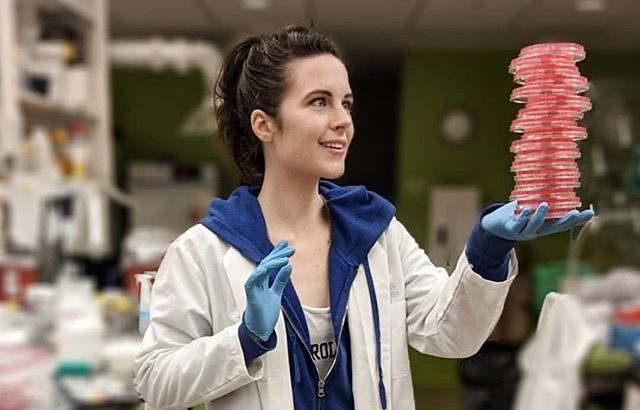Podcast: Play in new window | Download
Subscribe: Spotify | Email | TuneIn |
You’ve studied hard, gotten good grades, and spent the last two years working in research labs on campus. You’re feeling ready for that next, inevitable step: applying to graduate school.
In a perfect world, the next step would be easy. You’d simply fill out an application, and submit it to every Genetics or Microbiology department in the country. They’d review your application, and you could sort through your options based on which schools offered you an interview.
But of course, it’s not that simple. Each school requires a different application form, and steep application fees can severely tax your meager bank account.
You need to do the hard work of screening up front, and only apply to a select group of programs where you can expect to be both successful and happy.
This can be overwhelming. There are hundreds of graduate schools and thousands of individual programs and departments. Where should you begin?
Read More




